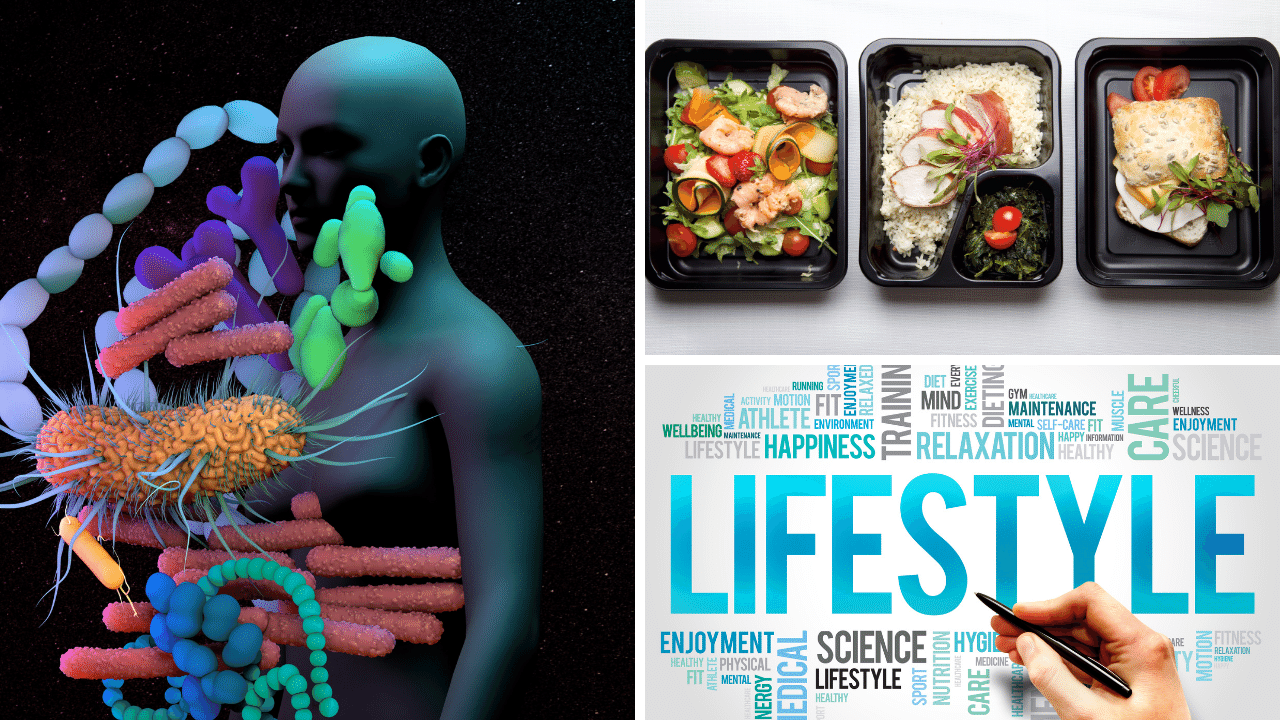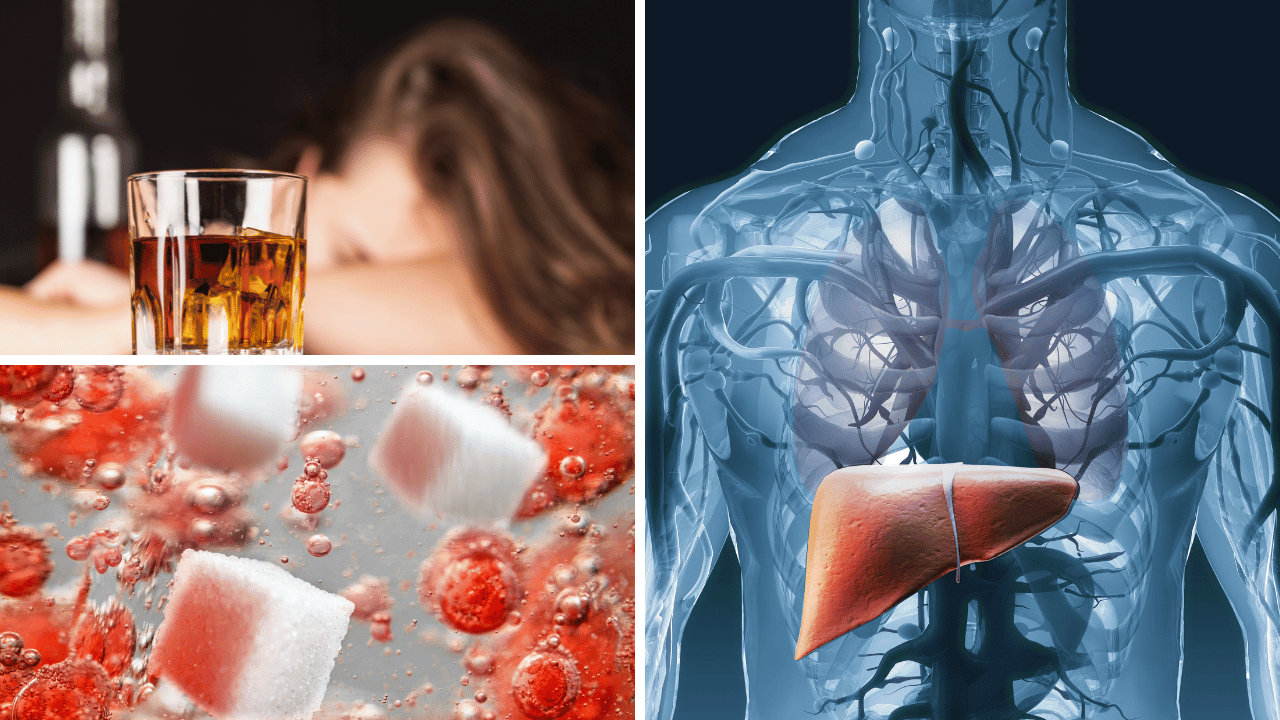Overview
Welcome to the world of bioavailability! If you're unfamiliar, think of bioavailability as the window through which your body absorbs nutrients from foods or supplements.
Imagine eating a nutritious meal, but your body only picks certain elements it can effectively use. This process of selecting and utilizing nutrients is what we call 'bioavailability.' It's not just about what you eat, but more importantly, how well your body can absorb these nutrients.
Understanding this concept is a game-changer for anyone interested in a healthy diet and maximizing the benefits of their food.
The Importance of Bioavailability in Health and Wellness
Bioavailability is a cornerstone in health and wellness, primarily because it dictates the amount of nutrients your body can use. For instance, you could be consuming iron-rich foods, but if your body can't absorb iron efficiently, you won't reap the benefits. This is where bioavailability steps in, ensuring that your nutrient absorption is optimal.
The significance of bioavailability extends to preventing nutrient deficiencies and supporting overall health. For example, high bioavailability in calcium-rich foods is crucial for bone health. Similarly, better absorption of antioxidants from your diet can enhance your immune system and reduce the risk of chronic diseases.
It's also essential for medication efficacy. The bioavailability of a drug affects how quickly and effectively it works in your body. Inadequate absorption can lead to suboptimal drug performance, impacting health outcomes. Therefore, understanding and improving bioavailability can profoundly affect your health and wellness journey.

Factors Influencing Bioavailability
Several factors can significantly impact the bioavailability of nutrients:
1. Nutrient Type: Each nutrient has a unique bioavailability. For instance, iron from meat (heme iron) is more readily absorbed than iron from plants (non-heme iron).
2. Food Preparation and Processing: Cooking methods can enhance or diminish nutrient bioavailability. For example, cooking tomatoes boosts the bioavailability of lycopene, an antioxidant.
3. Food Combinations: Combining certain foods can improve absorption. Vitamin C-rich foods, when eaten with iron-rich plant foods, can enhance iron absorption.
4. Individual Health Status: Your gut health, age, and genetic makeup can influence nutrient absorption. People with certain health conditions or the elderly might have altered bioavailability.
5. Form of Nutrient: The form in which a nutrient is consumed affects its bioavailability. For instance, fat-soluble vitamins are better absorbed when taken with fats.

Practical Tips for Improving Bioavailability
Enhancing nutrient bioavailability is key to a healthier diet. Here are some practical tips:
- Combine Nutrient-Rich Foods Wisely: Pairing vitamin C with iron-rich foods enhances iron absorption. Similarly, consuming healthy fats with fat-soluble vitamins (A, D, E, K) can improve their uptake.
- Opt for Whole Foods: Whole foods often contain a balanced combination of nutrients that complement each other, enhancing overall bioavailability.
- Mind Your Cooking Methods: Gentle cooking techniques like steaming can preserve nutrients better than high-heat methods.
- Consider Supplements Carefully: If you're unable to get certain nutrients from your diet, supplements can be beneficial. However, choose them wisely and consult a healthcare professional.
- Focus on Gut Health: A healthy gut is crucial for nutrient absorption. Include probiotics and prebiotics in your diet to maintain a healthy gut flora.
- Stay Hydrated: Adequate water intake supports overall nutrient absorption and digestion.
- Mindful Eating: Slow, mindful eating can improve digestion and nutrient uptake.

Bioavailability and Lifestyle Choices
Your lifestyle choices also play a crucial role in bioavailability. Factors like smoking, alcohol consumption, and stress can negatively impact nutrient absorption. For instance, smoking has been shown to reduce the absorption of Vitamin C, while excessive alcohol intake can interfere with the absorption of B vitamins. Stress, too, can impact digestive health, which in turn affects how nutrients are absorbed.
Smoking: Smoking not only reduces the absorption of essential nutrients like Vitamin C but also increases the body's need for certain antioxidants, due to oxidative stress caused by tobacco. Smokers might need to consume more vitamin-rich foods or consider supplements to counteract these effects.
Alcohol Consumption: Regular and excessive alcohol intake can significantly impair the body's ability to absorb nutrients. Alcohol can damage the lining of the stomach and intestines, which is vital for nutrient absorption. It particularly affects the absorption of B vitamins, which are crucial for energy metabolism and neurological health. To mitigate these effects, moderating alcohol consumption and ensuring a nutrient-rich diet is essential.
Stress and Its Impact: Chronic stress can negatively influence digestive health, leading to issues like irritable bowel syndrome (IBS), which hinders nutrient absorption. Stress management techniques, such as mindfulness, yoga, and regular exercise, can help maintain a healthy digestive system, thereby improving bioavailability.
Physical Activity: Regular exercise can improve gut health and overall metabolism, which enhances nutrient absorption. Physical activity stimulates blood flow and gut motility, ensuring that nutrients are more efficiently transported and absorbed throughout the body.
Hydration: Proper hydration is key to maintaining optimal digestive function. Water is essential for various digestive processes and helps transport nutrients in the body. Ensuring adequate water intake can significantly improve the absorption and utilization of nutrients.
Sleep Quality: Adequate sleep is often overlooked in its role in nutrient absorption. Quality sleep helps regulate hormones and bodily functions that are crucial for effective digestion and absorption of nutrients.
Lifestyle choices play a significant role in nutrient bioavailability. By making conscious decisions about smoking, alcohol consumption, stress management, physical activity, hydration, and sleep, you can greatly enhance your body's ability to utilize the nutrients from your diet.
This holistic approach to health and wellness ensures that you're eating well and creating an environment where your body can efficiently process and benefit from these nutrients.
When incorporating these insights into your daily life, you're taking a major step towards a healthier, more nutrient-rich lifestyle. Remember, it's not just what you eat, but how your body uses it that counts!

Bioavailability FAQs 👍
Is higher bioavailability better?
Higher bioavailability often means better absorption and use of nutrients or drugs by the body, which can be beneficial. However, optimal levels depend on the substance and individual health needs. Excess absorption isn't always advantageous.
What are the two types of bioavailability?
The two types of bioavailability are absolute and relative. Absolute bioavailability measures how much of a drug reaches the systemic circulation, while relative compares two different formulations of the same drug.
What drugs have the highest bioavailability?
Drugs administered intravenously have the highest bioavailability, as they are directly introduced into the bloodstream, ensuring 100% absorption without loss.
What are three factors that alter bioavailability?
Three factors that alter bioavailability are the form of the substance (e.g., tablet, liquid), food interactions, and individual differences like age, health, and metabolism.
How do you increase bioavailability?
To increase bioavailability, take nutrients with enhancers (like vitamin C with iron), choose more absorbable forms, improve gut health, and adjust the timing of intake relative to meals.

May we say in conclusion…
By understanding and optimizing bioavailability, you're not just eating healthily; you're ensuring that your body is efficiently using the nutrients you provide. This knowledge is vital in making informed choices about your diet and supplements, ultimately leading to better health and wellness.
Visit us on YouTube:











